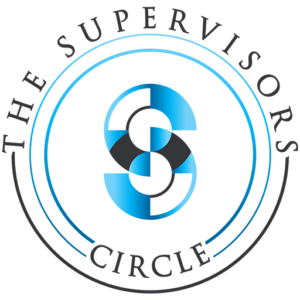Popular culture has inundated us with messages about work and the way we should feel about it. From memes about the drudgery of Mondays to sitcom jokes and one classic Loverboy song, the message is that work stinks and that’s just the way it is. Many of us have embraced this and have lowered our expectations as a result. If we hate our jobs, so what- doesn’t everybody? If we wake up dreading going to work, isn’t that the way it’s supposed to be?
On the other side of the coin, we have the movement of loving what you do, of memes filled with Steve Jobs quotes and inspirational TED talks from people who encourage us to pursue our passion. Some take these messages to heart. Others view them as nice in theory but impractical as passion doesn’t pay the bills. And who said work was supposed to be fun anyway?
It is impossible to deny that the logistics of working matter- schedule, salary and commute all need to fit into the ever-busy lives we are living. There are mortgages to pay, college tuition to save up for, taxes, medical bills, groceries, car payments, and so on (and on and on and on). But there is great danger in assuming that enjoying work is nothing more than a nice thing to think about.
The truth is, our happiness at work affects our happiness in life (and vice versa). Most of us spend the majority of our waking hours at work, and as a result, spend more time with coworkers than family members. With such a major impact, why have we accepted that it has to be miserable? But accept it we have, as less than 1/3 of U.S. workers are engaged in what they are doing. That means 2 out of every 3 people go to work every day, unhappy. Every. Single. Day.
Not only are we unhappy at work, we are spending extra time doing it. The average U.S. worker clocks ~ 47 hours a week (nearly an entire extra work day), and will work for 40+ years totaling over 90,000 hours over the course of a lifetime. On top of which, 55% of us are not using our vacation days. We work more than anyone else in the industrialized world. We take less vacation, work longer days, and retire later, too.
The effects of being unhappy at work are detrimental and plentiful. The most counterproductive of which is that being unhappy at work makes us unhappier at work. That is, disengaged employees are less motivated and productive which results in decreased job performance which reduces the likelihood of receiving praise, promotions, bonuses and a sense of accomplishment. All of which create more dissatisfaction that results in decreased mental and physical health.
It does not have to be this way. You don’t have to accept the notion that work is inevitably miserable. You just have to accept the fact that if you want it to be better, it is up to you. Increasing your happiness can happen in any number of ways- changing your mindset, moving to a new department, getting a new job, switching careers, starting your own business. It is an investment of time and energy, to be sure, but what better investment to make than in yourself?






One Response
Great article! I couldn’t agree more.